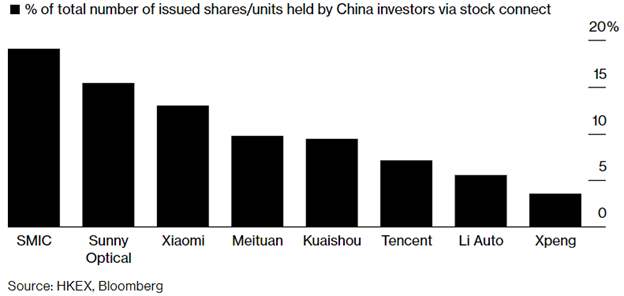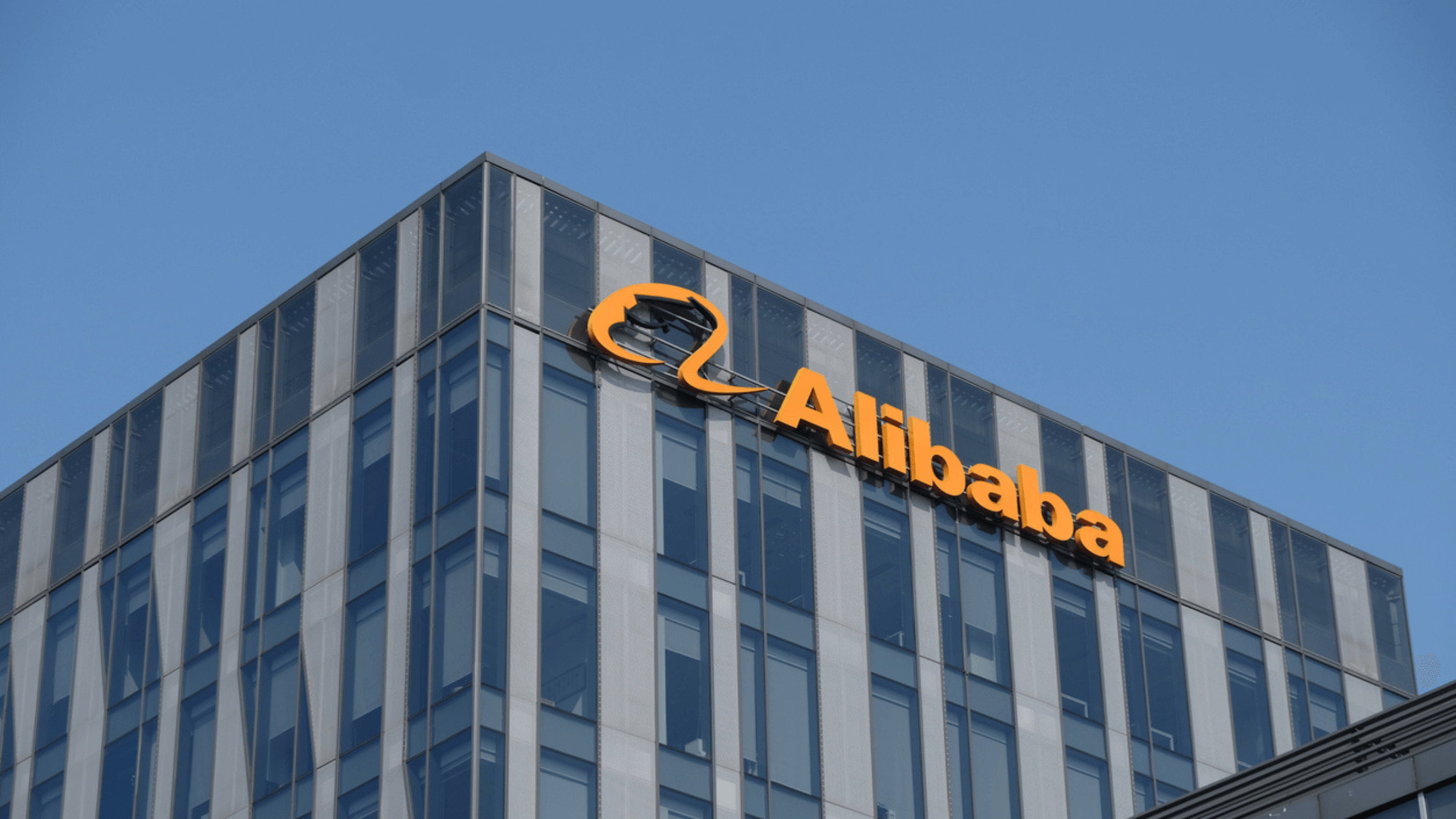What happened?
Chinese stocks have had a tumultuous 18 months or so. That’s particularly true of the country’s large technology stocks, following a government and regulatory crackdown.
Recently, though, there has been some more positive news. On Tuesday tech giant Alibaba Group Holding Ltd (NYSE: BABA) (SEHK: 9988) has said that it will apply for a dual-primary listing on the Hong Kong Stock Exchange (HKEx).
Alibaba’s proposed primary listing on the exchange will be an upgrade it from its current secondary listing in Hong Kong.
The process is expected to be completed before the end of this year. In response, Alibaba shares listed in Hong Kong closed Tuesday (26 July) nearly 5% higher.
So what?
For most investors familiar with the ongoing geopolitical tensions between the US and China, this hasn’t come as a surprise.
With increased scrutiny around Chinese companies listing shares in the US, Alibaba has taken the opportunity to mitigate any risk surrounding possible delisting by US regulators.
Additionally, the primary listing for Alibaba in Hong Kong will finally mean the company’s shares are eligible to be included in the Stock Connect links between the city and the Shanghai and Shenzhen stock exchanges.
While not only helping support liquidity for Alibaba shares in Hong Kong, the addition will also allow Chinese investors to access one of the country’s most recognisable companies.
As I’ve written previously, one of the big bugbears of the Chinese government has been the previous lack of accessibility for Chinese investors to buy shares in some of its most successful companies.
However, that is starting to change fast as big Chinese companies either list in Hong Kong or more stocks begin to get included in the Stock Connect programme.
In fact, Chinese investors now own large chunks of some key companies listed in Hong Kong (see below). Overall, Chinese investors own around 7% of stock of companies included in the link.

Now what for investors?
At the end of the day, investors in Chinese stocks should welcome this development of the “coming home” trend for Chinese companies.
The unfriendly regulatory environment in the US – coupled with what many investors are hoping is an end to the China tech crackdown – has meant that Alibaba management see extra value in its Hong Kong shares having a primary listing.
However, it’s important to remember that Alibaba’s Hong Kong-listed shares are still down around 12% so far this year and are 65% off their all-time high in early 2021.
So, for investors to be confident of buying back into Alibaba shares then the Chinese government’s crackdown on its tech behemoths needs to be well and truly over.
Disclaimer: ProsperUs Head of Content & Investment Lead Tim Phillips doesn’t own shares of any companies mentioned.









